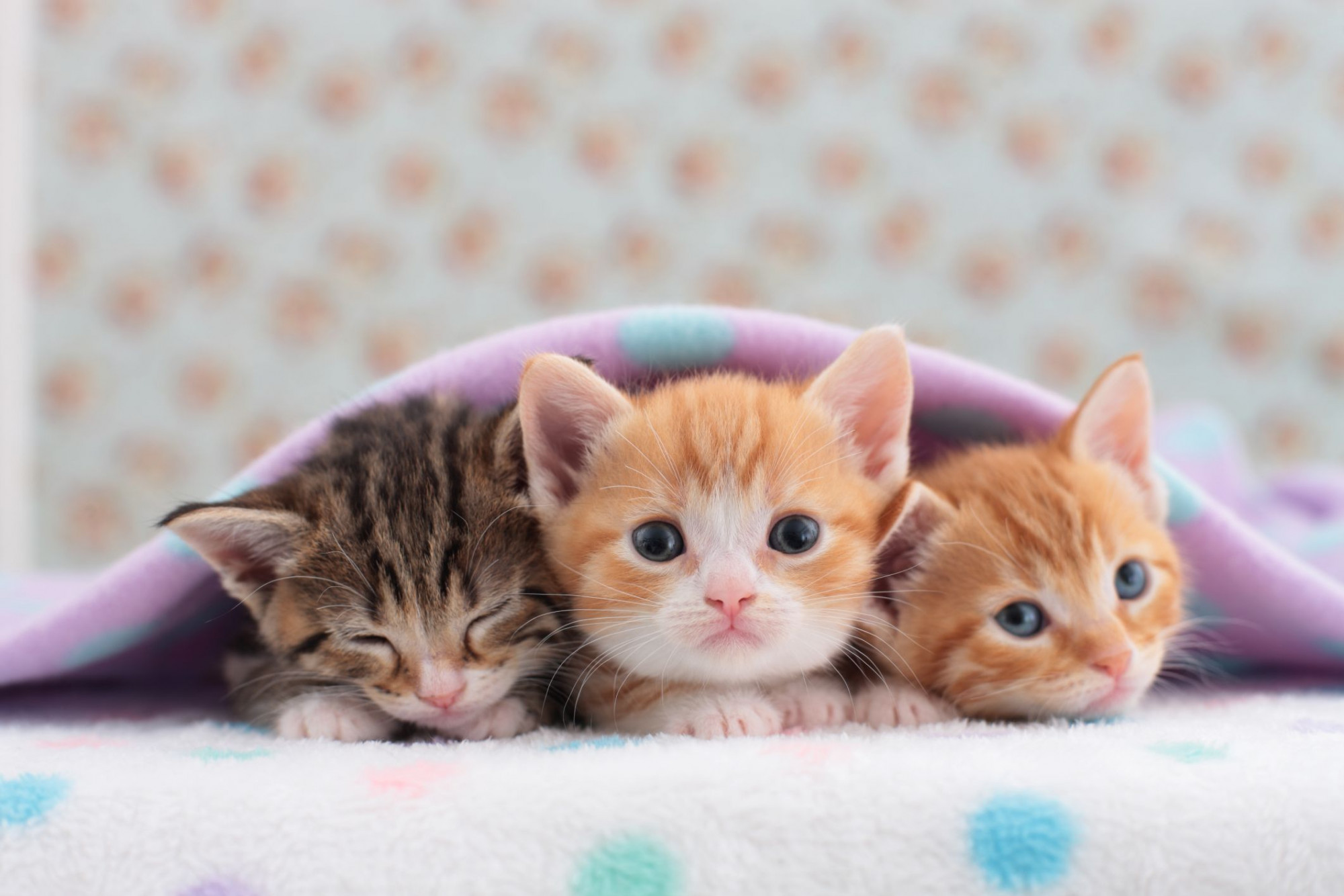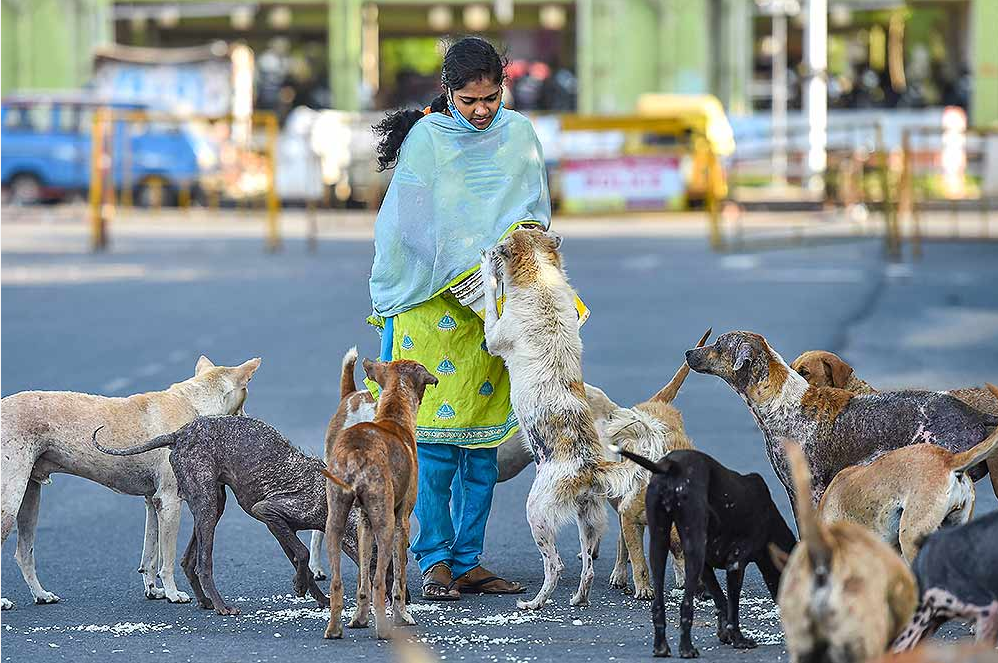Comparing Pet Culture in Vietnam and Other Countries
In recent years, the culture of pet ownership has seen significant growth in Vietnam, reflecting both modern lifestyle changes and the influence of global trends. However, when we compare Vietnam’s pet culture to that of other countries, clear differences emerge in attitudes, practices, and societal roles that pets play. Understanding these contrasts offers insights into how cultures shape the way people interact with their animal companions.

Pet Ownership in Vietnam: Rapid Growth and Shifting Attitudes
Vietnam’s pet culture is evolving rapidly, especially in urban areas like Ho Chi Minh City and Hanoi. Dogs and cats remain the most common pets, but the variety is expanding to include birds, fish, hamsters, and even reptiles. Traditionally, pets in Vietnam served practical purposes—dogs for guarding, cats for catching rodents. Today, however, a growing middle class and exposure to Western media have led to pets being seen as companions and even family members.
Increased access to pet care services, such as veterinary clinics, grooming salons, and pet hotels, reflects this shift. Social media also plays a key role in shaping perceptions, with pet influencers and pet-focused communities growing in popularity. Despite these advancements, some areas still lack awareness of responsible pet ownership, including regular vaccinations, sterilization, and ethical breeding practices.
How Vietnam Compares to Western Countries
In countries like the United States, Canada, and much of Western Europe, the pet industry is a multi-billion-dollar sector. Pet owners in these regions often go to great lengths to ensure their animals receive high-quality care. Health insurance for pets, organic food options, and behavioral training are common. Legal protections for animals are also stricter, with enforcement of animal rights laws and active advocacy groups promoting welfare standards.
Furthermore, Western societies tend to anthropomorphize pets—seeing them as children or equal members of the household. Birthday parties, holiday gifts, and emotional support animal certifications are increasingly mainstream. Compared to Vietnam, where such concepts are only beginning to emerge, the West exhibits a more established and commercialized pet culture.
Pet Culture in Other Asian Countries
Looking to other parts of Asia, we see a mix of traditional and modern approaches. In Japan and South Korea, for example, pets are highly integrated into urban life. Small dogs are especially popular due to apartment living conditions. These countries have well-developed pet service industries, including luxury pet cafés, fashion boutiques, and even specialized cemeteries for pets.
However, cultural taboos and challenges still exist across Asia. In some rural areas of China or Southeast Asia, dogs and cats may not always be treated as companions but as commodities. This contrasts sharply with urban trends where pet humanization is on the rise.
Thailand and Singapore are two notable Southeast Asian countries where pet culture is developing similarly to Vietnam. Increasingly, younger generations view pets as emotional companions, and animal welfare awareness is growing.

Challenges and Opportunities for Vietnam
Vietnam still faces several challenges in aligning its pet culture with international standards. These include:
-
Limited public education on animal welfare
-
A lack of regulations for breeders and pet shops
-
Inconsistent enforcement of animal protection laws
-
Stray animal overpopulation in urban areas
However, the future looks promising. Growing demand for better pet care, along with initiatives from non-governmental organizations and responsible businesses, is pushing the culture toward a more ethical and sustainable model.
Educational campaigns, adoption drives, and partnerships with global animal welfare organizations are helping to raise awareness. Local brands and pet-related start-ups also play a role in shaping more modern and compassionate views toward pets.
The Future of Pet Culture in Vietnam
As Vietnam becomes increasingly integrated with global markets and trends, its pet culture is expected to continue evolving. Young, tech-savvy consumers are more open to adopting international practices—whether it’s feeding pets organic food, using tracking devices, or supporting animal welfare organizations.
The shift from utility to companionship, from ownership to relationship, reflects broader societal changes. Just as families become smaller and urban life grows more isolated, pets are filling an important emotional and social role. In this context, Vietnam is on a path similar to many other nations—though it still has some distance to cover.
Conclusion
Pet culture in Vietnam is undergoing a transformation, shaped by globalization, urbanization, and generational change. While it shares similarities with other countries in Asia, and is increasingly aligning with Western standards, distinct differences remain. By learning from the experiences of more developed pet markets and nurturing local solutions, Vietnam can foster a healthier, more compassionate environment for pets and their owners alike.
For more cultural insights and updates from across Asia, follow ASIAPATA—your trusted source for understanding life and lifestyle in the Asia-Pacific region.
Read more:














